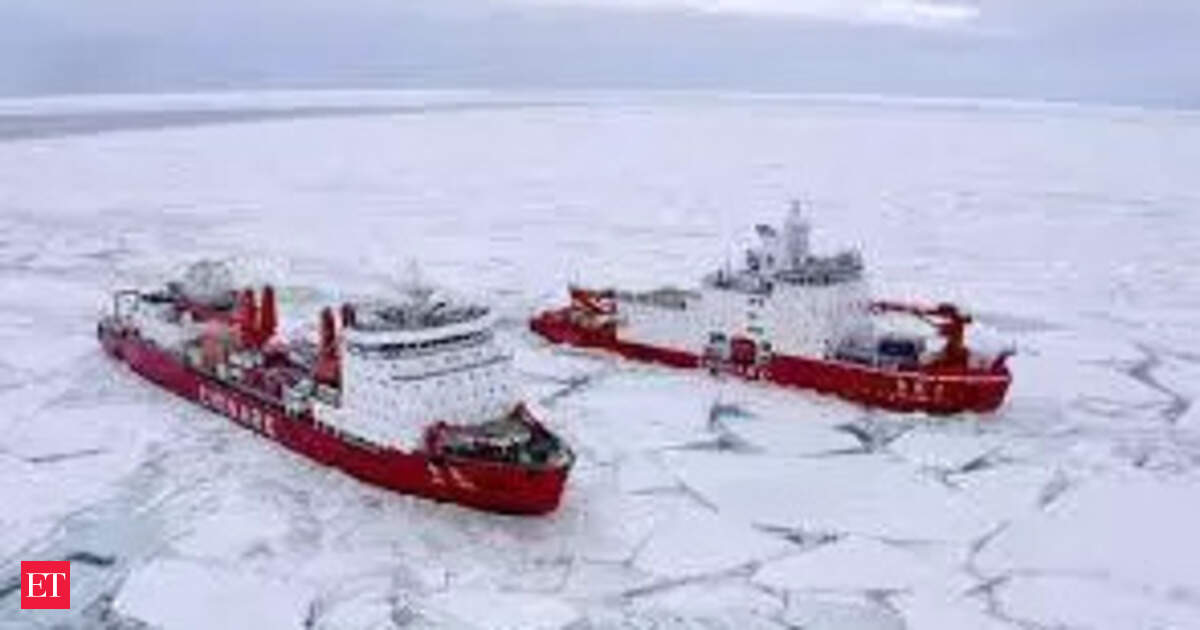Now Reading: China’s Xue Long 2 Enters US Waters, Escalating Tensions with Washington
-
01
China’s Xue Long 2 Enters US Waters, Escalating Tensions with Washington
China’s Xue Long 2 Enters US Waters, Escalating Tensions with Washington

rapid Summary
- Incident Details: On July 25, 2025, the Chinese research icebreaker Xue Long 2 entered waters within the U.S. Extended Continental Shelf (ECS), located approximately 290 nautical miles north of Utqiagvik, Alaska.
- U.S. Response: The U.S. Coast Guard deployed a C-130J Hercules surveillance aircraft from Air station Kodiak as part of Operation Frontier Sentinel to monitor the vessel’s activity and establish “presence with presence.”
- Canada’s Involvement: Canada also monitored the vessel’s movements using its CP-140 Aurora aircraft under joint agreements with the U.S., confirming no encroachment into Canadian territorial waters.
- China’s Defense of Activity: China maintained that its mission was lawful scientific research aligned with international norms, rejecting U.S. concerns as unwarranted and questioning America’s ECS claims due to its non-ratification of UNCLOS.
- Arctic Geopolitics Context: The incident reflects growing tensions over access to Arctic resources and influence among nations like China, Russia, Canada, and the United states.
Indian Opinion Analysis
The entry of China’s Xue Long 2 into sensitive american-designated ECS waters highlights escalating international competition over control in strategic regions like the Arctic. As climate-driven changes unlock valuable shipping routes and natural resources in these areas, national interests increasingly overlap-fueling geopolitical friction.For India,while not an Arctic player geographically or historically aligned in this contest directly,this development underscores critical lessons for ensuring maritime sovereignty amidst rising global tensions. India’s growing focus on securing oceanic claims through adherence to international treaties could help foster diplomatic alignment regarding resource management.
Moreover, such incidents serve as reminders for India about balancing engagement opportunities with major powers (e.g., potential Arctic cooperation) while safeguarding geopolitical neutrality where disputes might pose risks or imbalances globally-in essence emphasizing preparedness via multilateral frameworks rather than unilateral assertions.


























